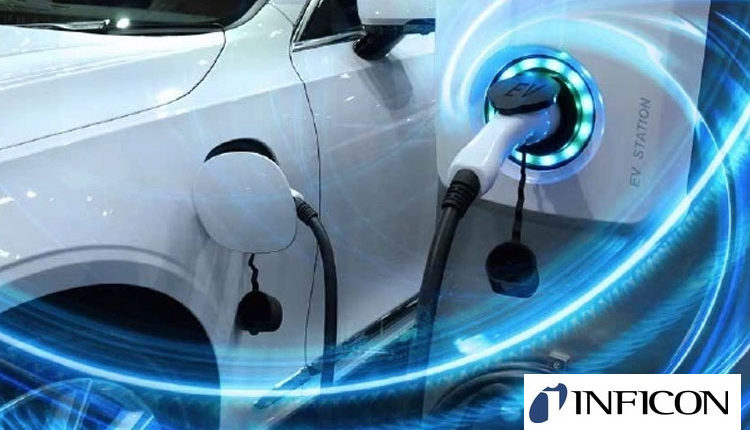Leak Testing Critically Important For EV And Fuel-Cell Vehicles
The growing importance of battery and fuel-cell powered vehicles also has increased the need for leak-testing on automotive production lines to assure the quality of these alternative drive systems.
Electric and hybrid-electric vehicle batteries, for example, need to be leak-free and protected from humidity and water for 10 years or more. Fuel-cell vehicle components have unique leak-detection requirements as well.
A new e-book from INFICON, “E-Mobility: Leak Testing for Electric and Fuel Cell Vehicles,” describes available leak-detection technologies and explains how manufacturers can use them through various phases of development and production.
The comprehensive 53-page e-book points out that modern tracer-gas test methods are the most suitable for most testing tasks for alternative drive components. In fact, tracer-gas tests can detect leaks that are 1,000 times smaller than air tests currently in use.
“Leak tests have long been one of the most critical quality-control checks performed by automakers and their suppliers,” explains Thomas Parker, INFICON’s North American automotive sales manager. “Electric, hybrid-electric and fuel-cell powered systems require even more precise testing.”
Parker notes that tracer gases provide the necessary sensitivity and reliability to meet today’s demanding safety requirements and consumer expectations.
Reliable leak testing of battery cells is crucial because the highly flammable electrolytes they contain can spark fires. Even small amounts of humidity in a battery module can cause the system to short circuit, reduce service life and degrade performance, including a vehicle’s driving range.
“It’s vital to prevent electrolytes from leaking from the battery cell or coming into contact with water under any circumstances throughout the production process and life of any electric or hybrid-electric vehicle,” Parker says.
There also are special leak-testing considerations for an EV’s high-voltage electric/electronic components (motors, controllers, sensors), and cooling system.
Fuel-cell vehicles have their own unique requirements. In addition to their battery and electrical systems, these vehicles also need to have leak-tight fuel-cell stacks, bipolar plates and hydrogen tanks.
“Our new e-book explains which vehicle components should be tested, the test methods that should be used and the leak rates that guide each method,” Parker explains. “Proper quality-control leak testing for fuel-cell and electric-vehicle components is increasingly important for automakers and their suppliers as these vehicles gain market share.”
INFICON’s e-book is designed for manufacturing engineers and quality control managers, as well as for engineering students. It can be download free of charge at https://bit.ly/3sdRKxq.
Leak-detection training also is available through the INFICON Webinar Program, which offers free, interactive instruction on basic leak-detection methods and provides information on a wide variety of industrial applications.
More information about INFICON at www.inficonautomotive.com.


